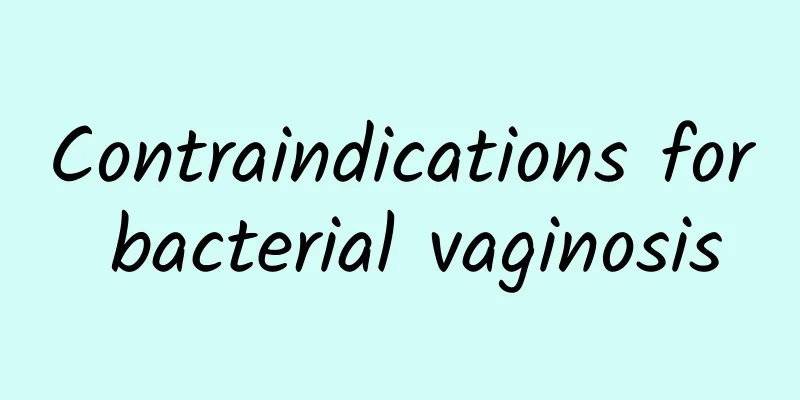What are the causes of habitual miscarriage and what are the treatments?

|
The pain caused by habitual miscarriage is self-evident. If a child cannot be kept after pregnancy, it will have a great impact on a family. Habitual miscarriage is related to the physical constitution of the pregnant woman herself, but some of it is caused by bad habits in daily life. Therefore, we must understand the specific causes of habitual miscarriage in order to make adequate prevention preparations. 1. Causes of habitual miscarriage 5. Artificial abortion can also lead to habitual abortion. Frequent artificial abortions will cause continuous damage to the uterus and easily lead to habitual abortion. 2. Abnormal uterine development should be treated actively. For example, the septate uterus and submucosal uterine fibroids should be removed, and intrauterine adhesions should also be decomposed. Only after the operation can the uterus be relieved to be suitable for embryo implantation, and habitual abortion can be effectively prevented. |
<<: How to achieve a natural abortion after pregnancy? Experts have explained it to you
Recommend
Women should know what are the symptoms of uterine fibroids
In our lives, patients with uterine fibroids cont...
What complications can irregular menstruation cause?
Menstrual disorders are a relatively serious dise...
Why does it hurt to urinate after ectopic pregnancy surgery?
Why does it hurt to urinate after ectopic pregnan...
Experts emphasize several points to note about painless abortion
Nowadays, many women will go for painless abortio...
Is ectopic pregnancy contagious?
Is ectopic pregnancy contagious? Ectopic pregnanc...
Is pelvic peritonitis contagious?
Is pelvic peritonitis contagious? The reason why ...
What is the cause of cervical erosion?
Cervical erosion is a common gynecological phenom...
It is important to know the symptoms of uterine fibroids in advance
Experts unanimously remind everyone that being ab...
How long after an abortion can you have sex? What are the dangers of having sex too early after an abortion?
If you want to have sex after an abortion, you sh...
Slim legs and reduce belly! White-collar workers' secret to slimming down all day
White-collar workers are busy with work and sit f...
Causes and treatments of pelvic effusion
Causes and treatments of pelvic effusion: Pelvic ...
Super fast effect in detoxification and reducing edema! 7 super foods to help you lose weight easily
Want to lose weight, be healthy, and have more en...
What is congenital absence of vagina?
Congenital absence of vagina or vaginal atresia i...
What to eat after abortion to get rid of uterine cold
After an abortion, you can eat warm and nourishin...
Things women should pay attention to after abortion
In today's life, more and more people are con...









